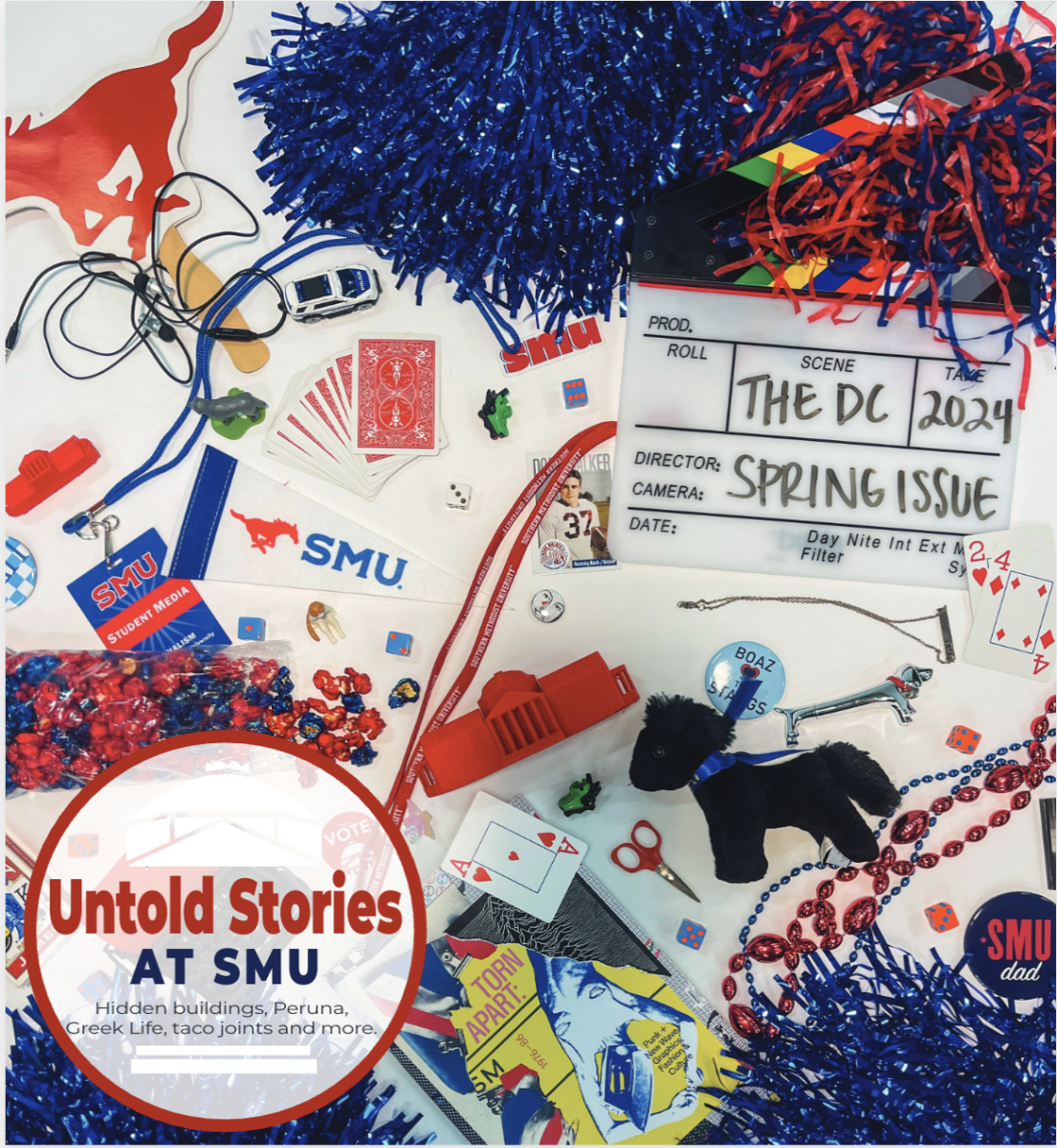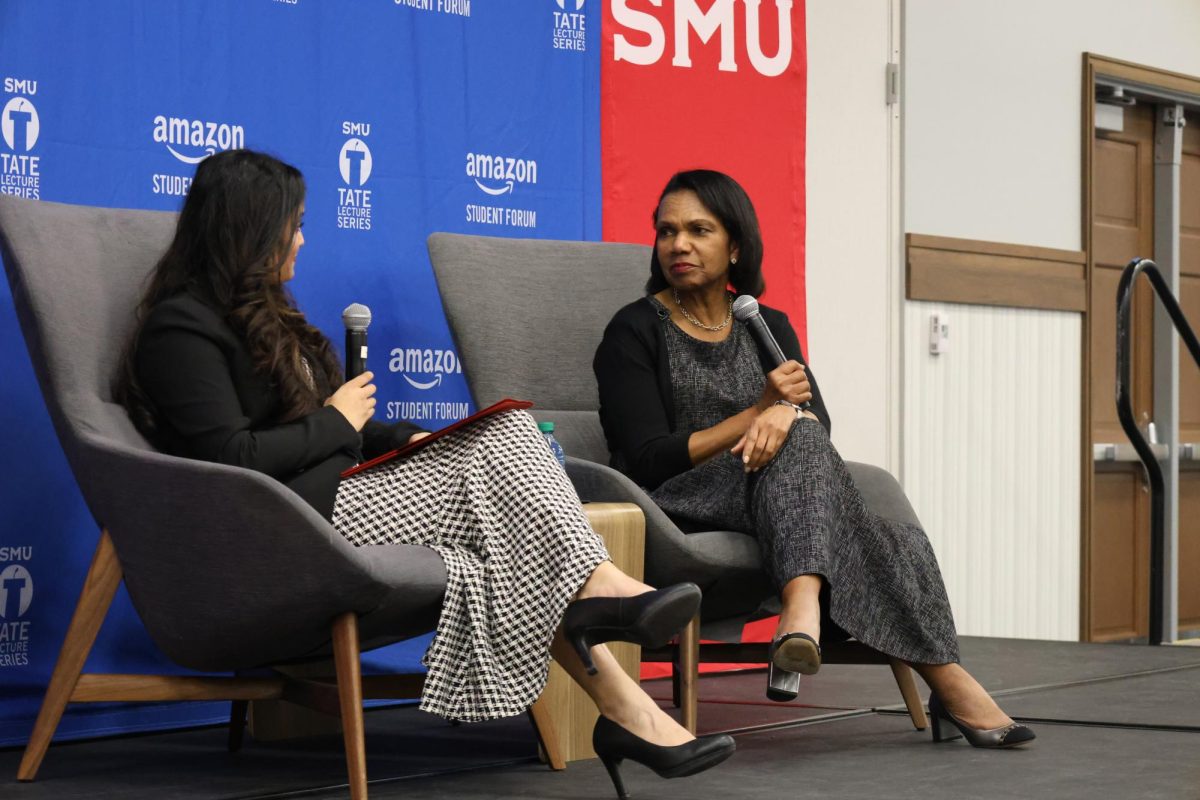A foreign relations expert claimed that if the U.S. would do a better job looking ahead and creating preventative strategies, the risk of oncoming war and national disputes could be eradicated or lessened.
Paul B. Stares, the director of the Center for Preventative Action at the Council on Foreign Relations, spoke to an intimate audience March 7 in Florence Hall on SMU campus. Stares explained his comprehensive framework to help the U.S. avoid being dragged into every dispute worldwide.
“It’s about shaping the future in ways that lessen the likelihood we will be called upon or feel compelled to intervene militarily,” Stares said.
Stares addressed the timeliness of his ideas given today’s growing global tension and broke down his preventative approach into three elements: the long-game, mid-game and short-game. The long-game facet of Stares’ preventative strategy involves looking ahead into the distant future and acting in ways that lessen the threat of conflict arising. Stares’ long-game ideas for conflict prevention include maintaining alliances, promoting democratic values, encouraging reciprocal restraint in terms of weaponry and more. Dr. Jeff Engel, Director of the Center for Presidential History, fears that the Trump administration is acting in complete opposition to these peace-promoting ideas.
“There are commonalities for every American administration from Franklin Roosevelt onto Barack Obama about working cooperatively and being the guarantor of national stability, until this guy,” Engel said.
Stares’ agrees with Engel that war may be on the horizon and said that this calls for mid-game approach. Stares defined mid-game as looking up to 18 months ahead to prevent potential oncoming crisis. The prospective conflicts in America’s current state, as outlined by Stares, would include China and Russia.
“We want a much more anticipatory, proactive posture when it comes to intelligence collection and analysis. I call that preventive foresight,” Stares said.
Stares stated that we need to prioritize our risks and deal with the most immediate threats first. Stares’ short-game approach is about mitigation during ongoing crises, and he said that North Korea is the most dangerous concern at the moment.
Stares’ timely presentation was brought to SMU by Bora Laci, the program coordinator at the Tower Center for Political Studies.
“Having someone who is very knowledgeable and has a great background to tell us what we need to do kind of just helps us to know our next steps and what we can do as a community,” Laci said.
Stares has created a step-by-step strategy for prohibiting global conflict. He does not call for a total remodel of the U.S. government; rather, he calls for reform at the edges by means of his strategic measures to look ahead and prevent crisis before it arises.
“When the U.S. has acted in the preventive fashion, has actually had the foresight to think ahead, and has responded quickly, it can work,” Stares said.















